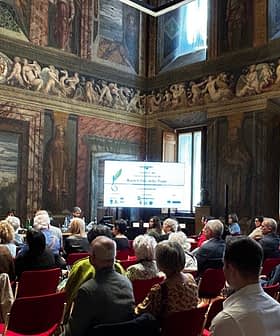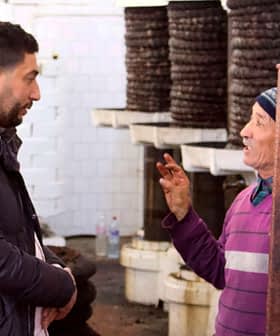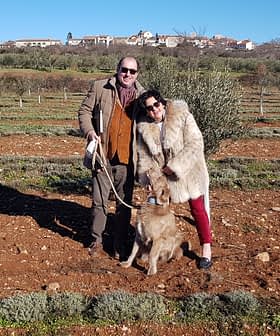3,500-Year-Old Olive Pits Provide Evidence of Early Cultivation in Dalmatia
The ancient pits provide evidence that olives have been cultivated in Croatia for more than 3,500 years.
Researchers from the archaeology department of the University of Zadar, Croatia have discovered 3,500-year-old olive pits at an archaeological site off the north Dalmatian coast.
The discovery provides firm evidence that olives have been cultivated in the area for more than 3,500 years.
The archaeologists have uncovered hundreds of well-preserved olive pits found in thick layers of marine growth under the sea in the Pašman channel located between the island of Ričul and the Croatian mainland.
The discovery also reveals that olives were a part of the diet of the pre-Liburnian inhabitants who lived in the region over 3,500 years ago during the Bronze Age.
Mate Parica, one of the researchers from the University of Zadar Department of Archaeology participating in the excavation project, confirmed the age of the pits to Olive Oil Times: “We know that they are 3,500 years old because they are in a settlement layer, and we have three radiocarbon analyses from the same stratigraphic layer,” he clarified.
Parica also confirmed that this is the oldest evidence of olive cultivation in the eastern Adriatic and that the pits were found where a settlement once existed but is now submerged due to the rise of the sea level of the Adriatic Sea over the centuries.
Archaeologists have been exploring the archaeological site since 2014. During a previous excavation, the researchers had uncovered this submerged prehistoric settlement covering an area of over one hectare.
Artifacts like tools and ceramics dating back to prehistoric times were found here, as well as a 125-meter-long structure made of stone that linked the settlement with the nearby island of Ričul and may be part of a defensive wall.
One olive pit was also uncovered in this same area a few years ago but the sample was not sufficient. With this recent discovery of hundreds of pits, an analysis can be done to determine the olive variety they belong to and whether they’re of an existing Dalmatian variety.








